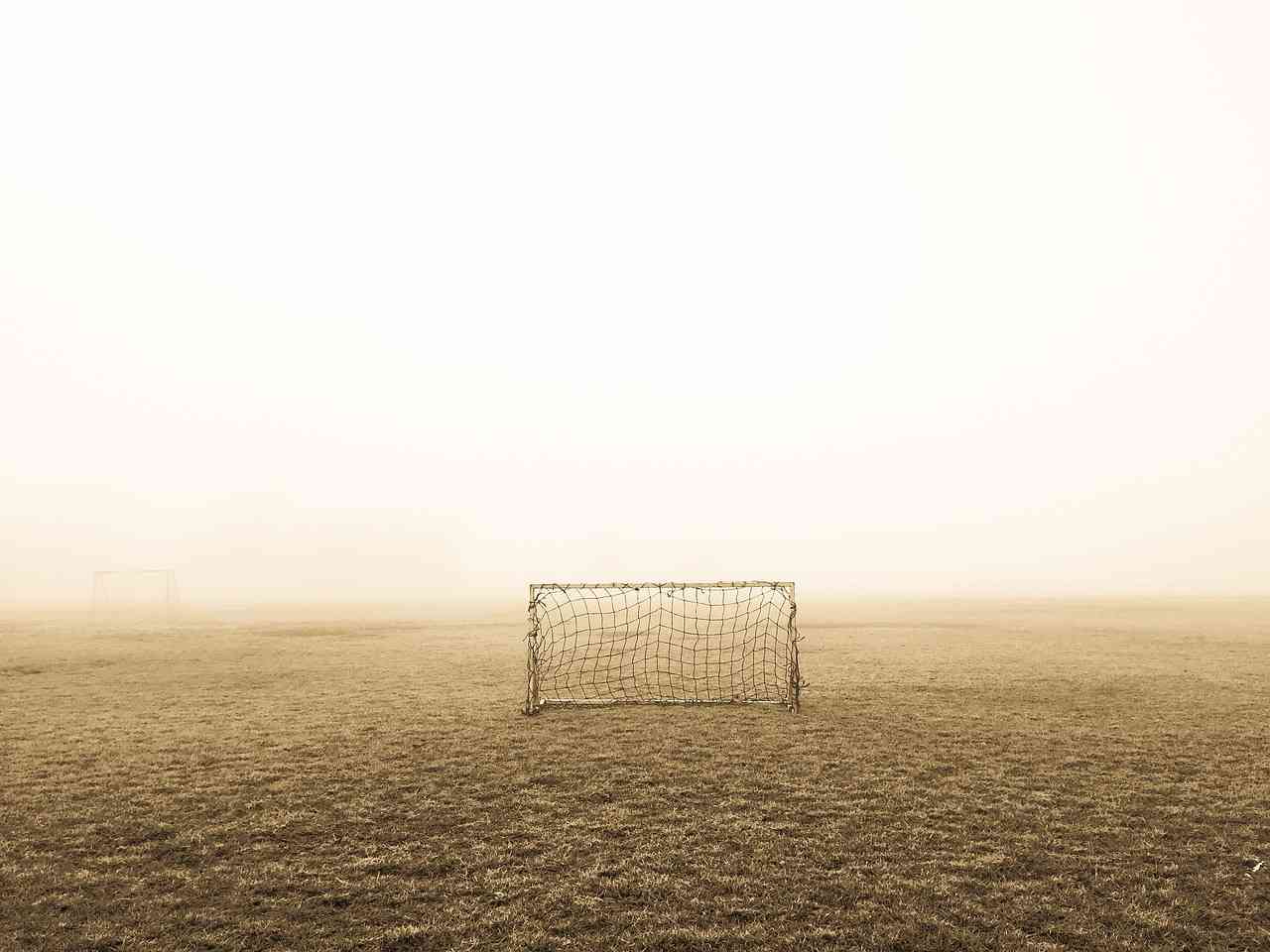
Last February, FIFA took the controversial decision to ban the Zimbabwean national team from all competitions affiliated with the governing body, as well as its domestic clubs from continental tournaments. The sanctions came in response to the government’s removal of the entire executive board of ZIFA, the association which oversees football in the country.
The repercussions of the suspension have been significant. Not only has the national team not kicked a ball since January 2022, but they have been denied the opportunity to qualify for the AFCON later this year – a tournament at which they have featured for the past three incarnations. But are there some positives to be taken from all the negativity? We investigate below.
Why did FIFA ban Zimbabwe?
In November 2021, the Zimbabwean government’s Sport and Recreation Commission (SRC) intervened in ZIFA’s inner workings, sacking its president Felton Kamambo along with his entire board. The drastic action was taken as a result of allegations of corruption, fraud and sexual harassment by certain board members towards female referees.
However, FIFA interpreted the move as nothing more than political interference and warned the SRC that failure to reinstate the ZIFA board in its entirety would see Zimbabwe removed from FIFA competitions. Of course, the SRC could hardly backtrack and so an impasse was reached, whereby the national team became all but defunct indefinitely.
Redirecting funds
While that has undoubtedly been detrimental to both the players and the fans of the Warriors, starved as they were of international football, it has entailed some unexpected silver linings. For starters, the corporate sponsors who had traditionally funneled their capital into the national team have redirected their investments towards some of the domestic league’s sleeping giants, such as Dynamos and Highlanders.
Although both teams are among the most successful in Zimbabwe’s history, they have been outgunned by bigger-spending upstarts FC Platinum in recent years. Despite only having been founded in 1995 and reaching the top division in 2011, the deep pockets of Platinum’s backers have seen them win the league for the past four years running. Indeed, things had become so predictable that online platforms offering Bitcoin soccer betting had slashed their odds for Platinum to triumph again – though that may be changing in the wake of the renewed investment in Dynamos and Highlanders.
- Cops Arrested For USD 10 Fraud
- Pay civil servants : Action Aid Zimbabwe
- Inside sport: Make domestic football better
- Wife attempts to murder husband’s lover
Keep Reading
Attendances on the up
The increased competition in the league, alongside the dearth of alternatives on the international stage, has seen domestic attendances rise sharply, too. The 2022/23 season enjoyed average attendances of around 15,000 a game – a dramatic increase on the measly 2,000 experienced the season prior.
Indeed, the fierce Harare derby contested by Dynamos and CAPS United drew crowds of 35,000 this year, which is a substantial improvement on the 10,000 fans seen in the ground in recent seasons. As one fan put it, “The players’ dreams are being shattered. The domestic league is all they have for now, so my buddies and I will be turning up every single game to support them.”
Situation can’t continue
Even so, the current status quo cannot be allowed to endure much longer. Renewed interest in the domestic leagues, both from a corporate sponsorship and a fan perspective, might have breathed life into the Zimbabwean game, but ultimately the country will suffer if it is not allowed to reintegrate on the international stage – and soon.
Fortunately, there are signs that things are progressing positively on that front. A FIFA fact-finding delegation visited Zimbabwe in April and it’s widely expected that the governing body will revoke its suspension in time for the Warriors to compete in the qualifying campaign for the next World Cup in 2026. It’s to be hoped, however, that the authorities, the sponsors and the fans of the beautiful game learn the important lessons of this episode to create a brighter tomorrow for Zimbabwean football.
The last couple of years have undoubtedly been dark ones for ZIFA, but there is real hope that the national team and the domestic leagues can emerge from this period all the stronger.










